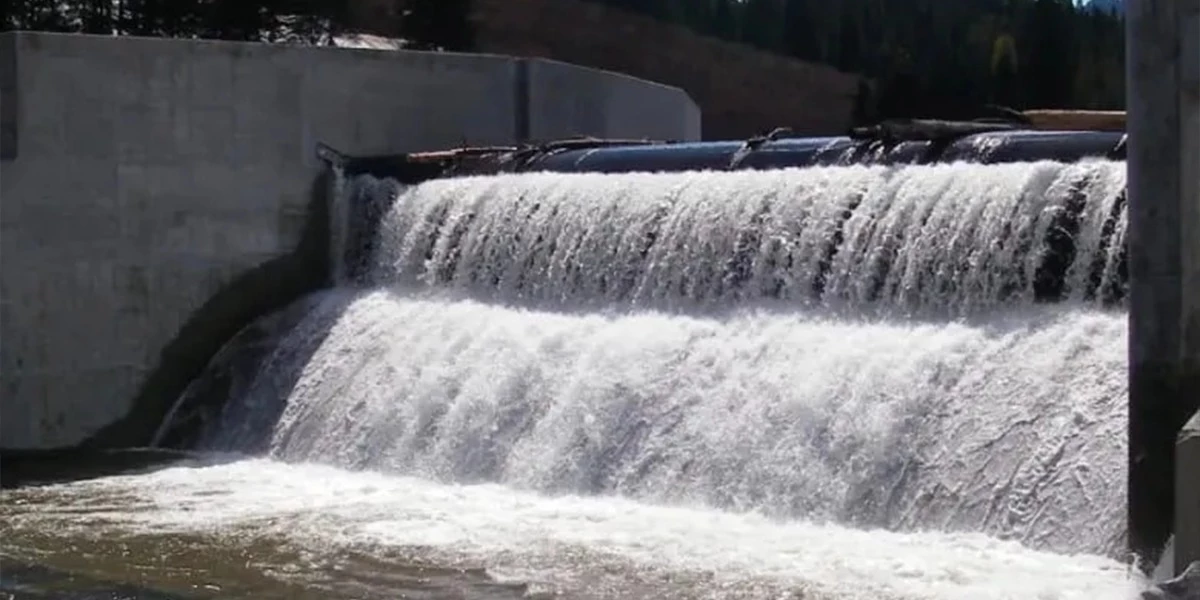

In the realm of smart water management and environmental solutions, the adoption of water rubber dams stands as a transformative innovation. In India, a country that faces diverse water management challenges, these inflatable rubber dams are making waves, offering a plethora of benefits. Leading the charge in this endeavor is Yoill, an Indo-Korean collaboration, renowned for its excellence in providing state-of-the-art water management and environmental solutions. With a legacy dating back to 1989, YOOIL Engineering has successfully executed over 400 projects worldwide, leaving an indelible mark on the water management landscape.
Water Rubber Dams: A Brief Overview
Rubber dams, also known as inflatable rubber dams or water-filled dams, are flexible barriers designed to impound water and create reservoirs. These dams, constructed using durable rubberized materials, are filled with water to achieve the desired height and shape. They serve as versatile tools for various water management applications, and their adoption in India is paving the way for progress.
Yoill, in collaboration with Indo-Korean expertise, has brought cutting-edge solutions to India's water management challenges. Their expertise is showcased in their impressive track record of over 400 successful projects worldwide. This collaboration has helped India harness the potential of water rubber dams, significantly improving the country's water management landscape.
India's water management challenges are multifaceted, ranging from droughts to floods, and from water scarcity to efficient resource utilization. Water rubber dams, championed by Yoill, are emerging as a catalyst for progress, offering sustainable solutions that address these challenges head-on.
Transforming Agriculture: The agricultural sector in India is heavily reliant on irrigation. Water rubber dams empower farmers with efficient water distribution, ensuring that crops receive the necessary hydration for optimal growth. This, in turn, boosts agricultural productivity and contributes to food security.
Mitigating Flood Risks: Monsoons and cyclones pose significant flood risks in many parts of India. Water rubber dams, with their rapid deployment and flood control capabilities, provide a reliable defense against these natural disasters. They help safeguard lives and property while minimizing the economic impact of floods.
Ensuring Urban Water Security: Rapid urbanization in India demands innovative solutions for water supply and management in cities. Water rubber dams play a vital role in securing urban water sources, ensuring a consistent supply of clean water to burgeoning metropolitan areas.
Preserving Ecosystems: Traditional dams often disrupt local ecosystems and river habitats. Water rubber dams, with their reduced environmental footprint, allow for a more harmonious coexistence between human infrastructure and the natural world. This benefits India's rich biodiversity.
As India continues unlocking its journey towards water security and environmental sustainability, the adoption of water rubber dams stands as a beacon of progress. With Yoill's Indo-Korean collaboration and their commitment to excellence, India is equipped with the knowledge, technology, and expertise needed to overcome its water management challenges.
The benefits of using water rubber dams in India are not confined to a single aspect of water management. They resonate across multiple domains, from agriculture to flood control, urban water supply to ecological preservation. India's vision of a water-secure future is within reach, thanks to the innovative solutions offered by water rubber dams and the visionary efforts of organizations like Yoill.
In conclusion, the adoption of water rubber dams in India, facilitated by Yoill's expertise, is a testament to the nation's commitment to progress and sustainability. As the benefits of these dams continue to unfold, India marches forward on its path to becoming a water-secure nation, ensuring a brighter and more sustainable future for generations to come.
